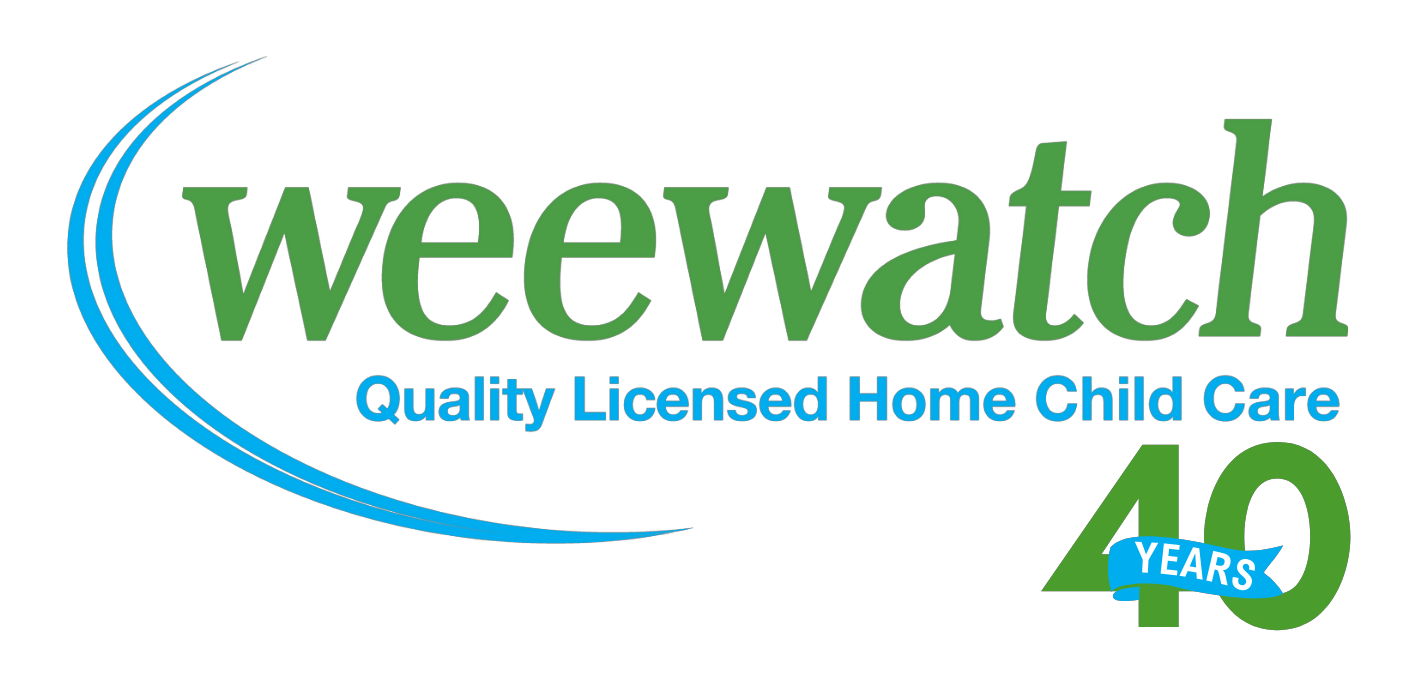From the day they are born, children are eager and determined to explore and understand how the world works. It is through play that children at an early age engage and interact in the world around them.
Wee Watch offers a variety of programming resources to our Providers and parents; Play & Learn books, FUNdamental Themes and worksheets, Activity Handbook, Together Wee Can Events, newsletters and workshops. We also know the importance of play and that young children learn through play, which is why our play based learning approach is an important part of the Wee Watch system. When this natural activity is supported, the child’s competence, capacity and potential are maximized.
Through play, children are developing important skills and habits that will stay with them throughout their lives. They learn to cope with frustration, to continue to try and improve, and to share with others. Play allows children to use their creativity while developing their imagination, dexterity, and physical, cognitive, and emotional strength.
Playing with your child is not only fun, it’s one of the most important ways you can nurture their development. Here are some areas of development and activities that you can alter depending on the child’s age and skill level.
|
Area of Development |
Skills |
Activities |
|
Fine Motor |
|
|
|
Gross Motor |
|
|
|
Cognitive |
|
|
|
Language |
|
|
| Social/Emotional |
|
|
Play is a child’s work, and they put a tremendous amount of energy and effort into it. If you doubt this, just watch a 1-year-old struggle to stack a ring on a cone, or a 3-year-old trying to fit a puzzle piece into the proper spot.
Play is key to early childhood development and lifelong success.
